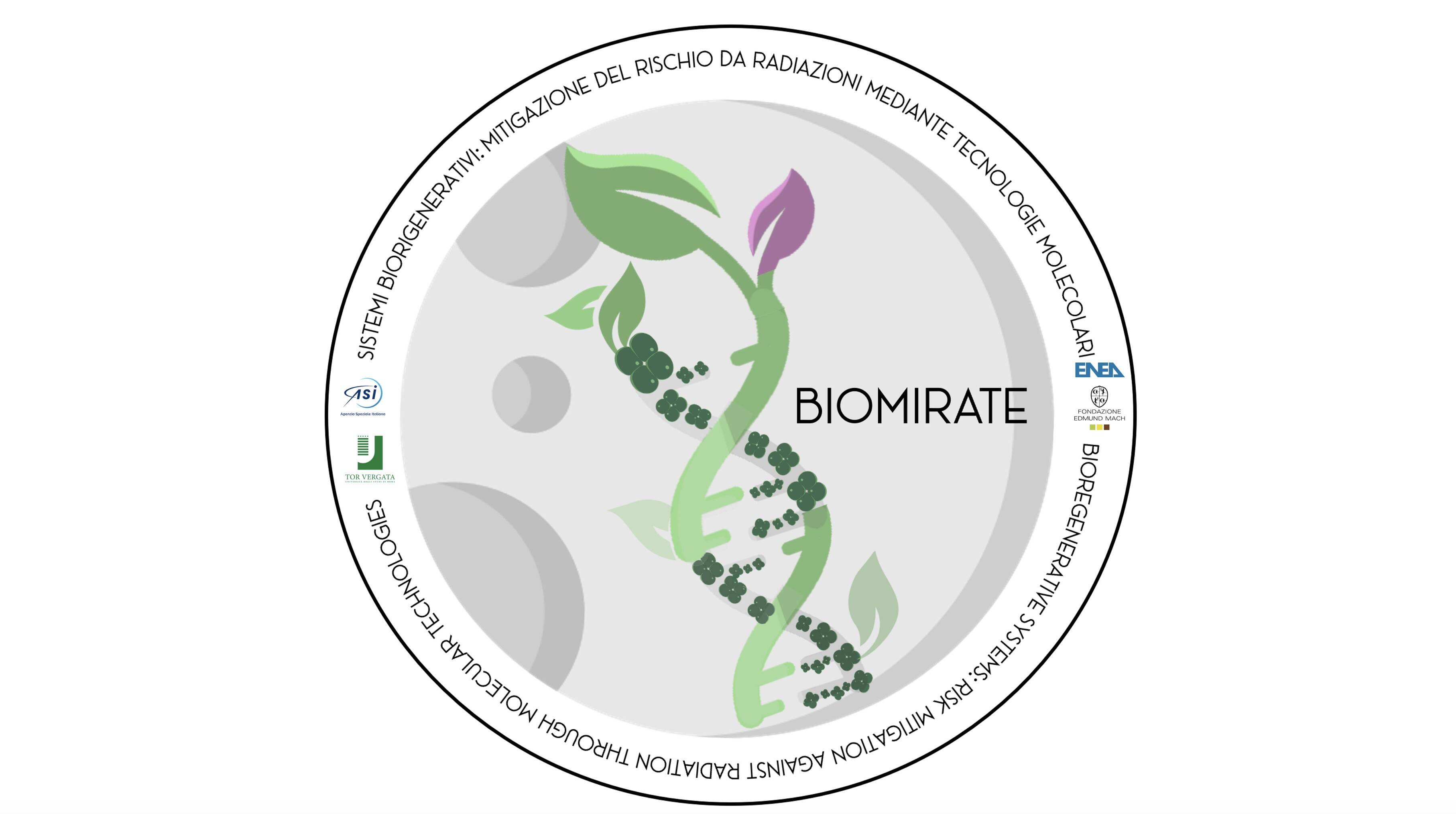Coordinated by
Daniela Billi
professor of Astrobiology in the Biology department - Università di Roma Tor Vergata
Project description
(ASI) The BIOMIRATE project aims to investigate and exploit DNA repair mechanisms found in extremophilic organisms to develop innovative strategies for mitigating ionizing radiation-induced damage. The primary objective is to identify and molecularly characterize DNA repair pathways in radiation-resistant organisms, with the intent of translating this knowledge into biotechnological applications for radioprotection and bioremediation.
Extended description
Specific objectives:
- Identification and characterization of DNA repair mechanisms in extremophilic organisms: Comparative analysis of genomes and transcriptomes of radiation-resistant organisms (e.g., Deinococcus radiodurans, plants with high radiation tolerance), to identify genes and proteins involved in DNA repair.
- Study of protein-DNA and protein-protein interactions involved in DNA repair: Utilizing molecular biology and biochemistry techniques (e.g., ChIP-seq, pull-down assays, mass spectrometry) to elucidate protein complexes and molecular interactions that regulate DNA repair.
- Development of heterologous expression systems for the production of radioprotective molecules: Engineering microorganisms and plants to produce proteins and small molecules with radioprotective activity.
- Evaluation of the efficacy of radioprotective molecules in cellular and animal models: Studying the effects of radioprotective molecules on cell survival, DNA repair, and tissue damage reduction following exposure to ionizing radiation.
- Development of bioremediation systems for the decontamination of radioactive environments: Exploring the use of plants and microorganisms for the removal of radionuclides from soil and water.
Methodology:
The project adopts a multidisciplinary approach, integrating expertise in molecular biology, genomics, proteomics, bioinformatics, biotechnology, and radiobiology. State-of-the-art sampling tools, molecular analysis techniques (metagenomics, metatranscriptomics), and atmospheric dispersion models will be employed.
Expected outcomes:
BIOMIRATE will provide new insights into DNA repair mechanisms and contribute to the development of innovative biotechnological strategies for radioprotection and bioremediation. The project's results will have significant implications in the medical (radiotherapy, radioprotection), space (astronaut protection), and environmental (radioactive site decontamination) fields.


